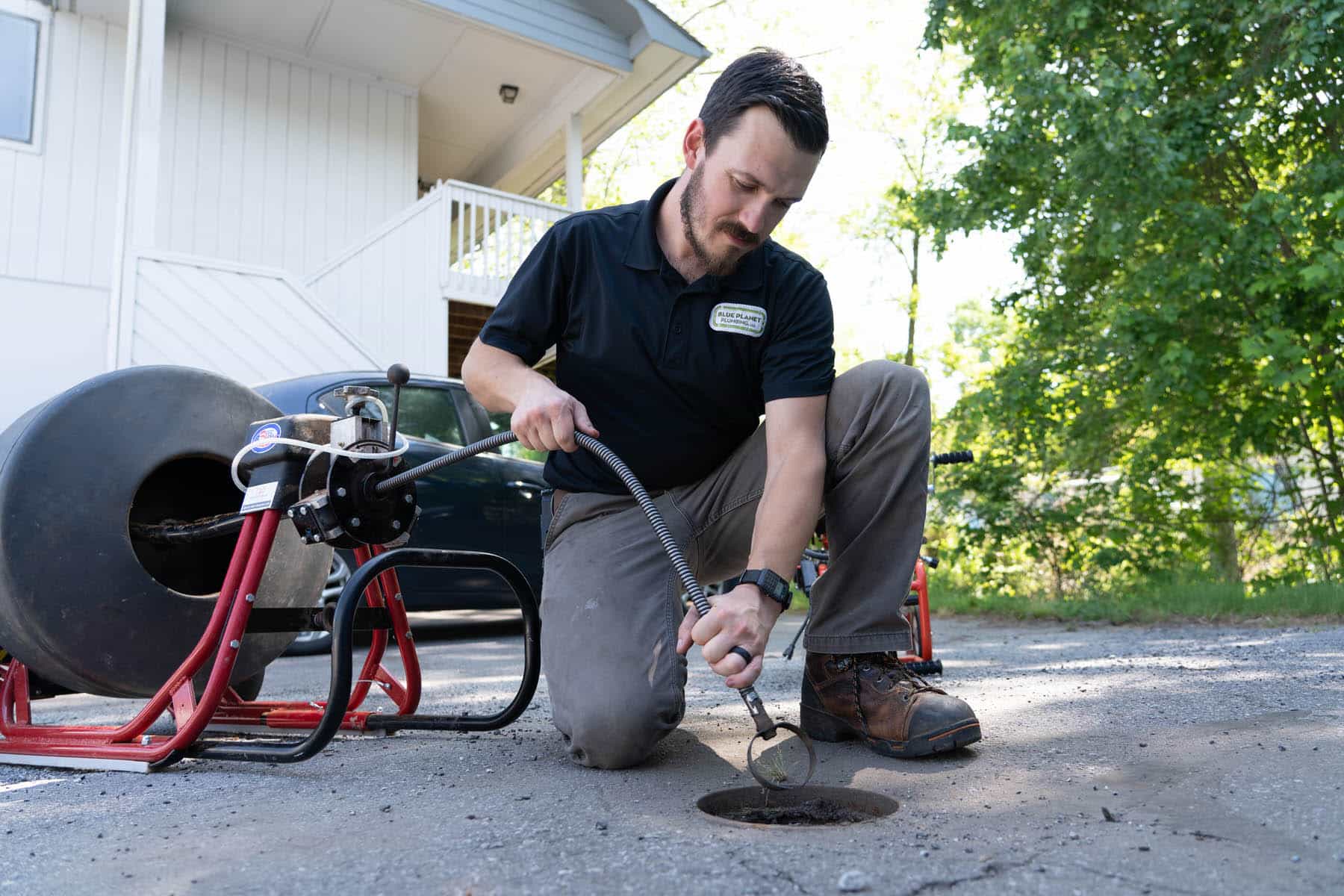
Plumbing emergencies can strike at any moment, leaving you feeling overwhelmed and unsure of what to do. Whether it's a burst pipe, a clogged drain, or a faulty water heater, knowing how to handle these situations like a pro can help you minimize damage and quickly get back to normal. In this ultimate guide, we will provide you with the essential tips and tricks to confidently manage plumbing emergencies and prevent further issues from arising.
First and foremost, it's crucial to remain calm and focused when faced with a plumbing emergency. Panicking will only make the situation worse, so take a deep breath and assess the problem at hand. If you have a burst pipe, immediately shut off the main water supply to prevent flooding and water damage. The main shut-off valve is typically located near the water meter or where the main water line enters your home. Knowing the location of this valve ahead of time can save you valuable seconds during a crisis.
Next, it's important to have a well-stocked emergency plumbing kit on hand. This kit should include basic tools such as a pipe wrench, plunger, plumber's tape, and a utility knife. Additionally, having some spare parts like washers, gaskets, and O-rings can come in handy when making quick repairs. By having these essential items readily available, you can tackle minor plumbing issues before they escalate into larger problems.
When dealing with a clogged drain, resist the temptation to use chemical drain cleaners, as they can damage your pipes and harm the environment. Instead, opt for a natural solution such as a mixture of baking soda and vinegar or a drain snake to safely remove the blockage. Regularly maintaining your drains by using a hair catcher and flushing them with hot water can also prevent clogs from occurring in the first place.
If your water heater is acting up, it's best to turn off the power or gas supply to the unit and let it cool down before attempting any repairs. A leaking water heater may indicate a faulty pressure relief valve or a sediment build-up in the tank, both of which should be inspected and addressed by a professional plumber. Regularly flushing your water heater and checking for signs of corrosion can help extend its lifespan and prevent sudden malfunctions.
In the event of a sewage backup or a foul odor coming from your drains, it's important to act quickly to avoid health hazards and contamination. Avoid using any appliances connected to the sewage line and call a licensed plumber to inspect and clean the affected areas. Properly maintaining your sewer lines with annual inspections and regular cleanings can prevent backups and keep your plumbing system running smoothly.
When faced with a running toilet, the culprit is often a faulty flapper or fill valve that needs to be replaced. Simply turning off the water supply to the toilet and following the manufacturer's instructions can help you make the necessary repairs in no time. To prevent future toilet issues, be mindful of what you flush down the drain and regularly check for leaks or running water.
Lastly, having a reliable plumber on speed dial can provide you with peace of mind during plumbing emergencies. Establishing a relationship with a trusted professional can ensure prompt service and expert advice whenever you need it. Make sure to research and vet potential plumbers in your area before an emergency occurs so that you can make an informed decision when the time comes.
In conclusion, handling plumbing emergencies like a pro requires preparation, quick thinking, and the right tools for the job. By following the tips outlined in this ultimate guide, you can effectively manage unexpected plumbing issues and safeguard your home from costly damage. Remember to stay calm, act swiftly, and seek professional help when needed to tackle any plumbing emergency with confidence and ease.